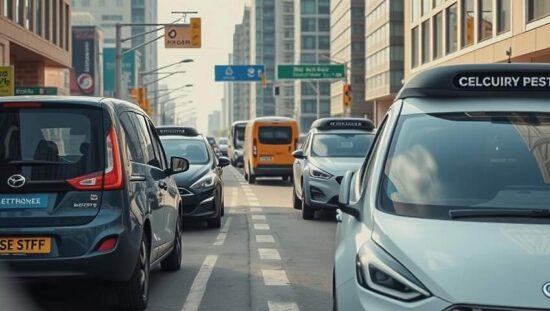The debate surrounding Germany’s planned electric vehicle (EV) subsidies is intensifying, with a leading voice within the Green Party now advocating for a drastic shift in the program’s design. Franziska Brantner, co-leader of the Greens, is pushing for the subsidies to be exclusively available to vehicles manufactured within Europe, raising concerns about the current trajectory and its potential consequences for the nation’s industrial base.
Brantner’s proposal, articulated in an interview with Funke-Mediengruppe newspapers, directly challenges the current framework. Her argument centers on ensuring that public funds are actively supporting European supply chains and bolstering the competitiveness of German manufacturers. The current strategy risks, she contends, funneling billions in subsidies towards vehicles predominantly produced in China, effectively undermining the efforts of German suppliers and undermining regional economic stability – specifically referencing the impact on businesses in the Swabian Alb region.
The move highlights a growing tension within the governing coalition. While the ambition to accelerate the transition to electric mobility remains a shared goal, the method of achieving it is now facing intense scrutiny. Critics argue that the current, less restrictive approach risks creating a situation where German taxpayers effectively subsidize foreign manufacturers and weaken the domestic automotive sector.
Brantner’s perspective underscores the complex political calculations at play. The German automotive industry, historically a pillar of the national economy, is striving to regain ground in the rapidly evolving EV landscape. She believes tighter subsidy conditions would incentivize domestic production and technological innovation, but acknowledges that broader supportive measures – including promised electricity tax reductions for all – are also crucial to maintaining a competitive environment.
The proposal is likely to spark a broader discussion about industrial policy and the balance between environmental goals and national economic interests. It poses a critical question: to what extent should government incentives be used to actively shape the geographical footprint of industrial production and safeguard domestic jobs? The coming weeks are expected to see a vigorous debate amongst policymakers regarding the future direction of Germany’s EV subsidy program and its implications for the nation’s industrial future.





